For quite some time, photographers and models have enjoyed a mutually beneficial, codependent relationship. Image makers will always need subjects, and models will always need someone there to capture them at their best.
In order for either party to find work, a solid portfolio is a must. Therefore, any aspiring model’s first step toward building a career has to be hooking up with a photographer to create a few sample images for future potential clients to browse through:

However, for photographers more adept to life behind a camera rather than in front of one, it may not be immediately obvious what makes a suitable portfolio. Luckily, photographer Daniel Norton has a few pointers for photographers looking to take on a fledgling model’s inaugural photo shoot.
There are a few different types of images that should be included in any model’s portfolio in order to reflect the individual’s look, personality, and capabilities. The following four setups serve as an excellent starting point to cover all of those bases.
The Beauty Shot
The beauty shot may very well be the single most important image of the entire portfolio. The primary purpose of this shot is to provide a clear view of the model’s face. It should be simple, clean, and consist of little more than the model’s head and shoulders.
TIP: Save this shot for the very end of your session. Although the beauty shot is a must-have and it’s tempting to get it out of the way, the earliest images in a photo shoot can come off as a bit stiff. As photographer and model spend more time together, both parties become more comfortable and have a better idea of what works and what doesn’t.
The Body Shot
Many clients make hiring decisions based on a model’s physique, so it’s beneficial to capture a shot that shows off the shape of the body. This can be done in the studio or on location. The body shot can be anything from a pose in a bathing suit on a bustling beach to a minimalistic setting featuring a carefully positioned model donning a leotard. Norton opts for an athletic theme, asking his subject to take on yoga poses that feel natural in the context of the location.
TIP: If you venture out of the studio to get this shot, keep gear to a minimum. Get an idea of what’s an absolute necessity to get the photograph you’re after and stick to the essentials. The more you’re trying to carry around, the more you’ll slow yourself down. It’s easy to lose momentum if you’re visiting multiple locations.
The Client Shot
It’s crucial to take a model’s desired cliental into consideration when building a portfolio. For instance, a fashion model would likely not be trying to attract the same market that a commercial model survives on (and vice versa). Coming up with a shoot that encapsulates the model’s style makes a world of a difference when it comes to scoring new gigs.
TIP: Photographers may want to consider bringing in a makeup artist. While many models can apply their own makeup to some degree, bringing in a professional can make a huge difference for more elaborate and detailed shoots. Should you bring in a makeup artist, be sure to factor it into your budget.
The Casual Shot
Aside from capturing the model’s look, it’s important for the photographer to capture the model’s individual personality. Not quite candid, the casual shot is a bit looser than the other shots included in the portfolio. There’s a lot of room to play around with this photograph, and it serves as a great way to get to know the model.
TIP: Coordinate the outfits in your shoots. Try to avoid repeating colors and similar garments in between setups. Avoid choosing pieces that will clash with your settings. Set aside any clothes that you’d like your model to try on so as to avoid digging through rejects. In addition, keep a steamer around in your studio; getting rid of wrinkles ahead of time is much easier than spending hours in Photoshop clone-stamping.
Last, but certainly not least, is a piece of advice that applies to every stage of every photo shoot: Make it as easy for yourself as possible. Experiment and develop a system that works for you and streamlines the process as a whole. With a little bit of practice, it’s possible to achieve several of these types of shoots in a single day!
“In order to make this work really smoothly, because you can do a lot of shots in one day, it’s a lot of moving pieces. You want to kind of put this thing together in a really good, systematic way.”
Like This Article?
Don't Miss The Next One!
Join over 100,000 photographers of all experience levels who receive our free photography tips and articles to stay current:
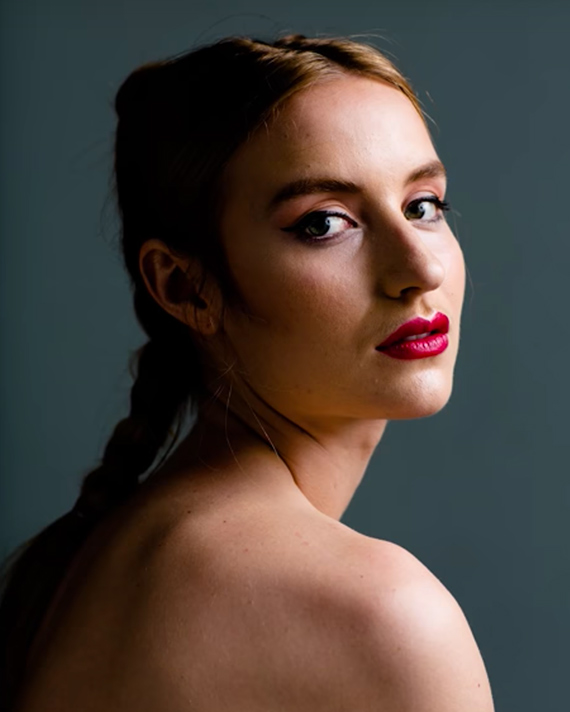
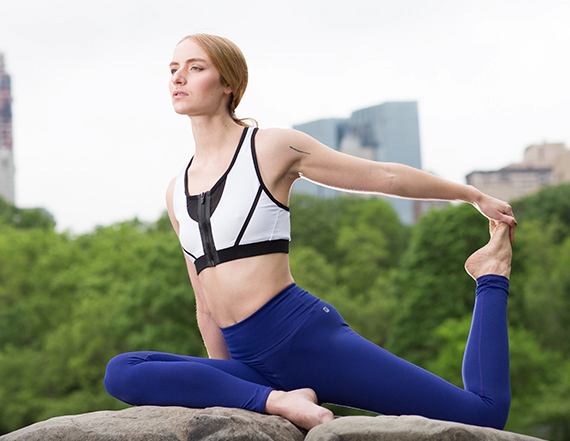
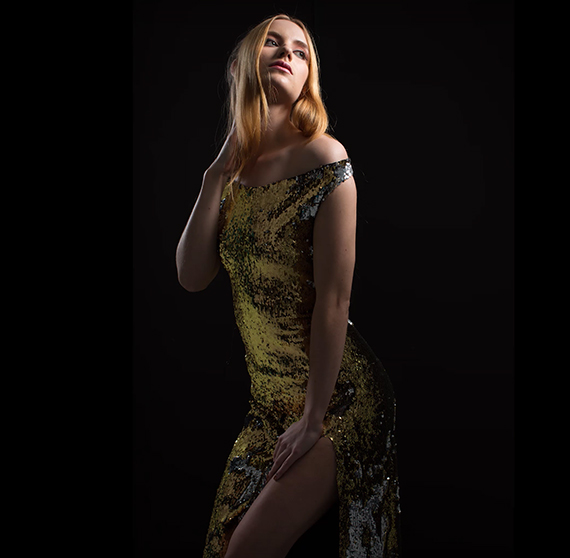
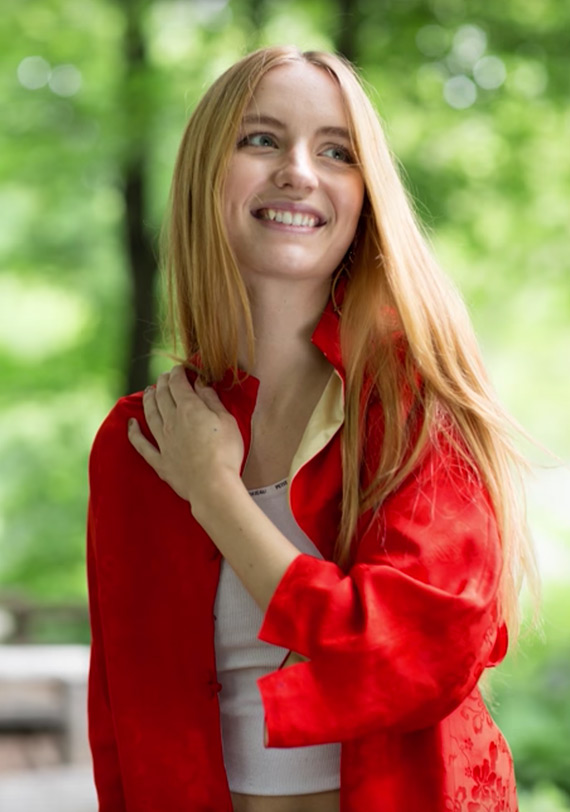



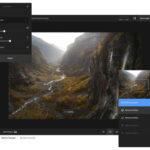


When it comes to looking for a commercial model to hire, it’s also important to take a look through their portfolio–especially when you want to get a look and feel of the model before making a decision on hiring their services. Some models work with a photographer partner, so when you want to take a look at a model’s portfolio, it’s also a good idea to take a look at the photographer’s entire portfolio as well so you can have a gauge of how the model works. If I had the chance to hire a model for a promotion, I would also inquire if they have a specific photographer they work with, so that I’m potentially guaranteed the best shots available.